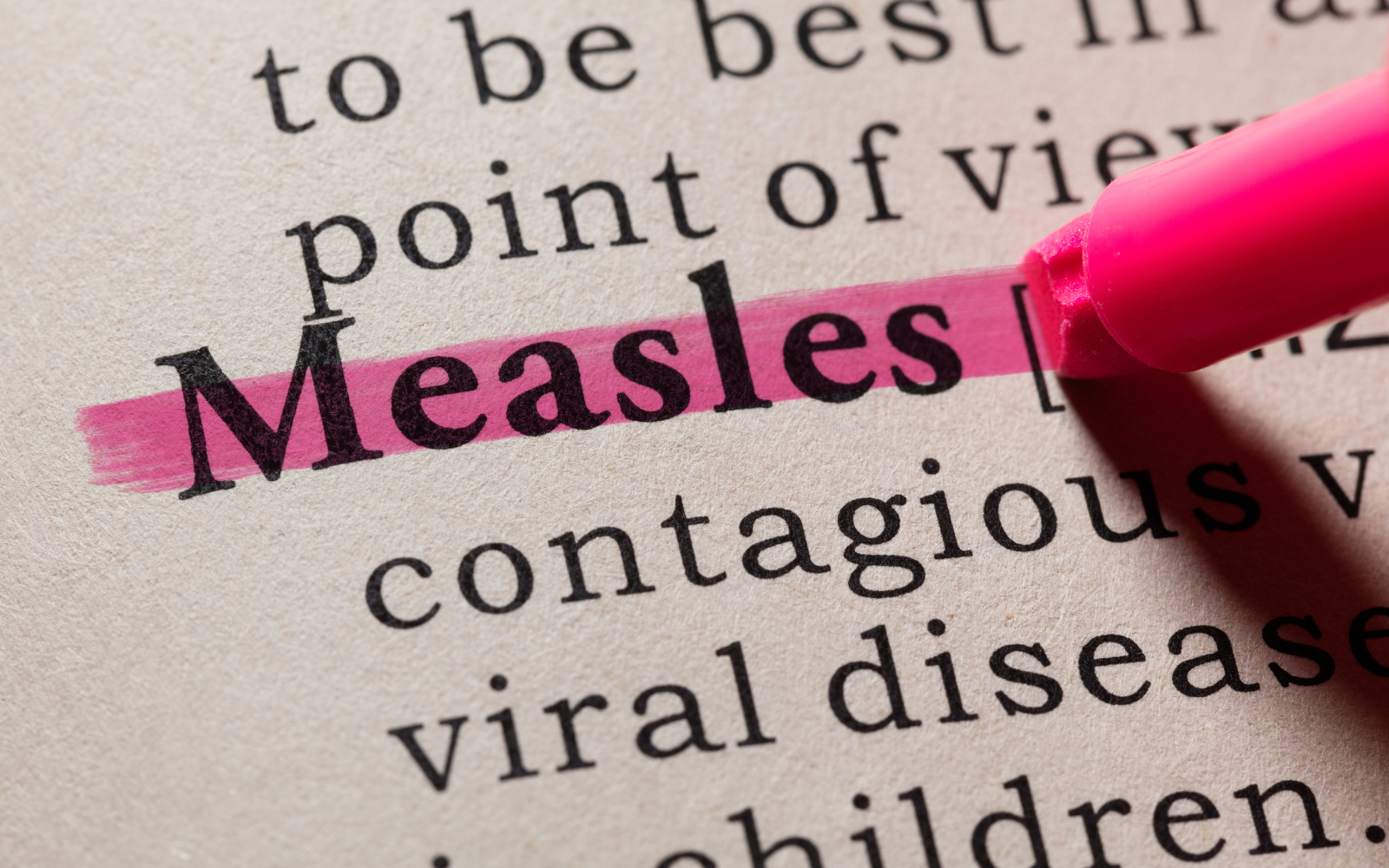In May this year, National Public Health Service (NPHS) – Northern Region alerted microbiologists at Awanui Labs to a positive measles case in Auckland, which risked widespread exposure to people across the region, and other parts of the country.
“Measles can quickly spread from an infectious case within a susceptible population, and lead to serious complications such as severe pneumonia and encephalitis,” says Awanui Microbiologist Ranmini Kularatne.
“In the New Zealand context, this includes unvaccinated or partially vaccinated people born after 1 January 1969, and there were potentially hundreds of people who may have been exposed to measles in public transport, supermarkets and private homes in this case.”
Ranmini says a whole-of-system response across different agencies was required for tracing contacting and testing to determine the immune status of all exposed, potentially susceptible, people.
“Strong co-ordination and communication between public and private health organisations in an event such as a measles is essential.
“So, after being contacted by NPHS, our microbiologists worked closely with our Patient Services team, to ensure Awanui Labs’ collection of blood samples for measles serology played a crucial role in supporting an effective public health response.
“As NPHS assisted with outbreak response in the Auckland region, we were asked whether we could receive test requests from health officials in other parts of the country. A system for emailing request forms to collection centres or the Home Visits team was established, and Data Entry staff assisted with accessing pre-populated request forms where necessary,” says Ranmini.
The Role of Awanui Labs
“Our network of collection centres and teams of skilled staff meant we could work with referrers and agencies across Auckland and the country, so testing could be carried out for those who needed it,” says Patient Services Manager Marike Rossouw.
“The public agencies contacted people who were deemed to be at risk of exposure, asking for their vaccination status, and identifying any symptoms. Those born after 1 January 1969 were asked for proof of vaccination, and if this was not possible, they were required to provide a blood sample for serology testing.
“Once we had the requests for each person, we arranged for them to visit a collection centre or have their blood sample taken at home by a mobile phlebotomist, if they were unable to travel or within the infectious period.
“Referrers from other regions were sending requests to Awanui for people who had travelled outside of Auckland, so these had to be processed as well. The referrals were sent electronically by email or on a PDF form which had been created by Health NZ to make things easier for referrers.
“All samples were sent to LabPlus for serology testing and our Home Visit Administration and Patient Services teams did a fantastic job in ensuring people’s blood samples were able to be collected and then tested quickly and correctly,” says Marike.
Impact of Awanui Labs’ support on a Public Health Response
Ranmini says the feedback from public health officials is the support from laboratory partners, and the home visits made a real difference to the speed of the response and timeliness of contacts who needed to quarantine.
“Awanui Labs’ network and expertise make us well-positioned to support a national public health response including for future outbreaks.
“This event showed we can respond as soon as required, maintain clear communication between our departments, and coordinate efforts with different health agencies across regions to manage any potential outbreak and for the protection and safety of our communities.”
